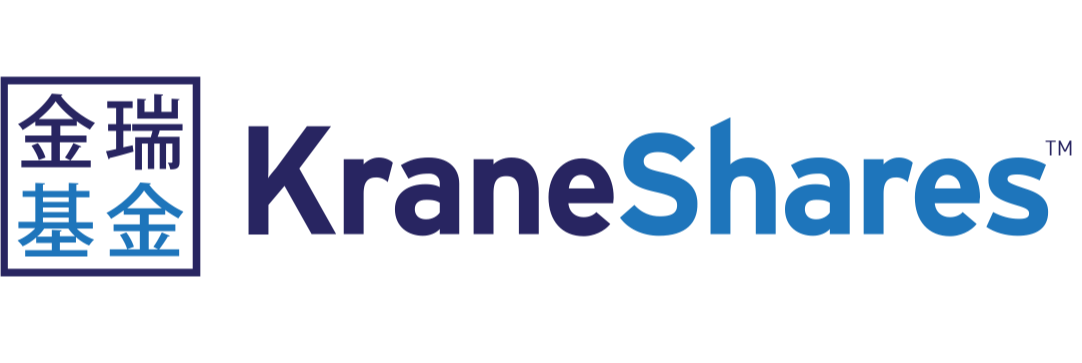China tech ETFs lost as much as a fifth of their value earlier this week as President Xi Jinping appointed seven loyalists to his new politburo while providing little guidance on tech policy over the coming five years.
The largest ETF targeting the sector, the $290m KraneShares CSI China Internet UCITS ETF (KWEB), initially fell 19.3% in the first hour-and-a-half of trading on Monday. By the end of the day, the $279m HSBC Hang Seng Tech UCITS ETF (HSTE) had also posted double-digit losses of 13.4%.
The 20th Chinese Communist Party (CCP) conference saw Jinping secure a third five-year term in office while replacing four of his senior leadership team.
His second in command is understood to be Shanghai party chief Li Qiang who established the Star Market – the ‘Nasdaq of China’ – but also imposed prolonged COVID-19 lockdowns on China’s centre of international business and exports.
Another name in Jinping’s inner circle, Wang Huning, is known for authoring several works on socialist ideology and helping the CCP widen the reach of its internet governance.
Being surrounded by loyalists and offering no words of reassurance to the Chinese tech executives attending the party conference, Jinping may be emboldened to continue his currently hostile policy approach to large tech companies.
Xin Sun, senior lecturer in Chinese and east Asian business at King’s College London, told CNBC: “Now the new Politburo standing committee is packed with Xi’s own picks and those in rival factions were all out, it becomes clear that no other political elite dares to challenge his policy mistakes or even deviate however slightly from his preferred policy agenda, which of course over the past few years has focused on favouring the state sector at the expense of the private one.
“As a result, it is unlikely for these policies to be reversed or corrected, leading to an extremely gloomy economic outlook.”
The CCP carried out more than 50 regulatory actions against Chinese software companies between November 2020 and the start of this year to install its framework for more sustainable long-term growth, according to South China Morning Post Research.
Within five months last year, $769bn was wiped off the value of Chinese companies listed in the US via American Depository Receipts (ADR) while the Nasdaq Golden Dragon China index fell 49% and the CSI Overseas China Internet index – tracked by KWEB – fell to its lowest point since 2016.
Earlier this year, JP Morgan’s China market outlook predicted the bulk of the CCP’s regulatory crackdown had passed while Invesco CIO for Asia ex-Japan Mike Shiao said clearer communication on new regulations would present buying opportunities in subsectors such as e-commerce and food delivery.
These expectations played out to an extent in Q2, with KWEB’s share price surging 58% between March lows and its summer high in June. However, these gains were soon retraced with a 45% drop between June and Monday this week, in a sign investors are not confident the CCP has finished imposing its plans on the sector.
China’s big tech names will also have been hampered by last week’s news that US President Joe Biden has banned the export of sophisticated semiconductors to China while funnelling $50bn of investment into its own chip manufacturing industry.
Following another turbulent couple of months of political headlines, KWEB has dropped 27.9% over the past month, as at 24 October, and 63.1% over the past year. HSTE has shed 22.5% and 59.1% over the same periods.
Related articles







